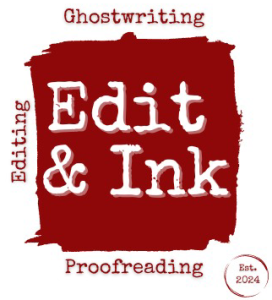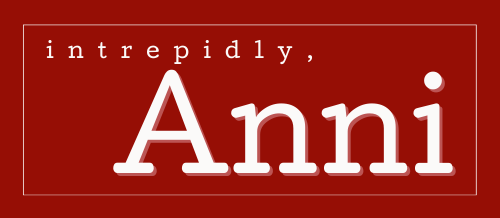
Editing is usually done in a specific order to ensure a logical progression from big-picture issues to smaller, more detailed concerns. Each editing stage plays a crucial role in refining the manuscript and enhancing its overall quality. Let’s take a quick look at the different types of editing and the order in which they should happen.
Developmental Editing
The first stage focuses on the manuscript’s overall structure, content, and concept. Developmental editors work with authors to refine ideas, improve organisation, and ensure the writing is coherent and engaging. This stage is vital for setting a solid foundation for the entire work.
Substantive Editing
Also known as structural or content editing
Substantive editing addresses issues with clarity, coherence, and logical flow. It ensures that the writing is well-organized, effectively communicates the intended message, and is appropriate for the target audience. This stage ensures that the content is robust and logically structured.
Line Editing
Once the content and structure are solid, the line editor focuses on the sentence-level details of the writing. Line editors address sentence structure, word choice, phrasing, and overall readability issues to create a smooth and engaging reading experience. This stage polishes the prose and enhances the narrative voice.
Copy Editing
After line editing, a copy editor hones in on grammar, punctuation, spelling, and formatting. Copy editors ensure consistency in style, tone, and voice throughout the document and prepare it for publication or final submission. This stage is crucial for maintaining professionalism and adherence to language standards.
Proofreading
This is the final stage of editing before publication. Proofreaders focus on catching any remaining errors, typos, or inconsistencies to ensure the document is polished and error-free. This last step ensures the highest level of accuracy and readiness for the audience.
Additional Editing Types
Depending on the project’s specific needs, additional editing types such as fact-checking, SEO editing, sensitivity reading, academic editing, and translation editing may be incorporated at different stages. These specialised edits address particular requirements and enhance the document’s overall effectiveness and accuracy.
Fact-Checking:
Verifies the accuracy of facts, figures, and statements in the writing
Ensures that all information is correct, up-to-date, and properly sourced
Helps maintain credibility and avoid potential legal issues
SEO Editing:
Optimizes online content for search engines
Incorporates relevant keywords and phrases to improve search rankings
Ensures content is structured and formatted for maximum visibility and engagement
Sensitivity Reading:
Reviews content for potential issues related to representation, bias, or offence
Provides feedback and suggestions to ensure the writing is inclusive and respectful
Helps authors avoid unintentional stereotyping or marginalization of diverse groups
Academic Editing:
Focuses on editing scholarly articles, theses, and dissertations
Ensures compliance with specific academic style guides (e.g., APA, Harvard)
Helps improve the clarity, coherence, and overall quality of academic writing
Translation Editing:
Reviews and refines translated content to ensure accuracy and readability
Helps maintain the original meaning and intent of the source text
Ensures the translated content is culturally appropriate and effective for the target audience
It’s important to note that not all projects require every stage of editing, and the specific order may vary depending on the individual requirements and constraints of the project.
However, following this general order ensures a systematic approach to improving the overall quality and effectiveness of the writing.
When searching for an editor, once the hard work of writing is done, you have to be clear on what type of editing you need for your project. Not all editors provide all the different types of editing services. It is also prudent to note that the more editing your work requires, the more the cost will be influenced.
I am Anni, a certified editor and proofreader. I provide tailored services and personalised quotes.
I also offer ghostwriting services, for anything from blog posts to flyers.
Contact me to discuss your editing requirements: Edit & Ink
or visit intrepidly, Anni to explore my portfolio.
